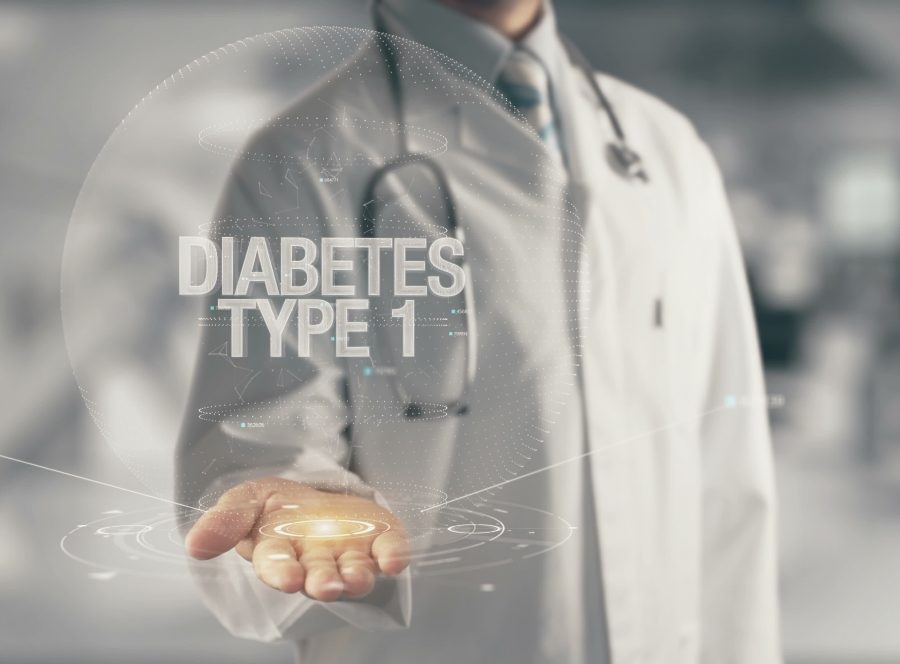Type 1 diabetes is usually diagnosed in children, teens and young adults. This is developed because your body is incapable of producing enough glucose to convert to energy. There will be several concerns and questions and this common FAQ will help you answer most of your questions.
What are the symptoms of type 1 diabetes?
Type 1 diabetes usually develops gradually but symptoms may appear suddenly. These symptoms are: extreme weakness and tiredness, dehydration, frequent urination, abdominal pain, nausea, blurry vision, wounds that take a long time to heal, mood fluctuations and changes in menstruation. Besides this, one can also notice weight loss, even though they are eating proper meals, elevated heart rate, reduced blood pressure and low body temperature.
What causes type 1 diabetes?
The exact reasons for the trigger of type 1 diabetes are unknown, but researches have shown that the genes have a big role to play in the cause of it. It has connection with inheritance.
What are the risk factors for type 1 diabetes?
Risk factors for type 1 diabetes are: viral infections, race or ethnicity, geographic location, family history, early diet and other autoimmune conditions.
Who gets type 1 diabetes?
Type 1 diabetes can be caused at any time when your pancreas stops to produce insulin to balance the glucose levels. Mostly people who are diagnosed with type 1 diabetes are children or young adults.
Will exercise help to control type 1 diabetes?
Yes, it does contribute in controlling type 1 diabetes, but it should be done in combination with taking insulin and adopting a healthy diet.
If I have type 1 diabetes, are my children at risk?
Yes, there are chances that children can develop type 1 diabetes, but the risk is low. It is a genetic disease only 3% to 6% children develop it. The risk depends on age, gender and factors related to their parents.
What are the complications that arise because of type 1 diabetes?
There are several complications that arise due to type 1 diabetes, these are: chances of heart attacks, strokes, blindness, kidney failure and disease of blood vessel which can cause nerve damage and impotence in men.
Type 1 diabetes damages which parts of the body?
Type 1 diabetes destroys the insulin producing beta cells that are present in the pancreas. Besides this it can also damage the kidney, eyes, nerves, blood vessels and heart.
Can type 1 diabetes be prevented?
No, you cannot prevent it, but decrease the chances of causing complications by following diabetic care routine which includes taking regular A1C readings and strictly controlling your glucose levels.
Will I have to take insulin for the rest of my life?
Yes, you will be needed to take it for the rest of your life because your body is incapable of making enough insulin that is required to be converted to energy. Many people inject insulin for at least 4 times in a day.





